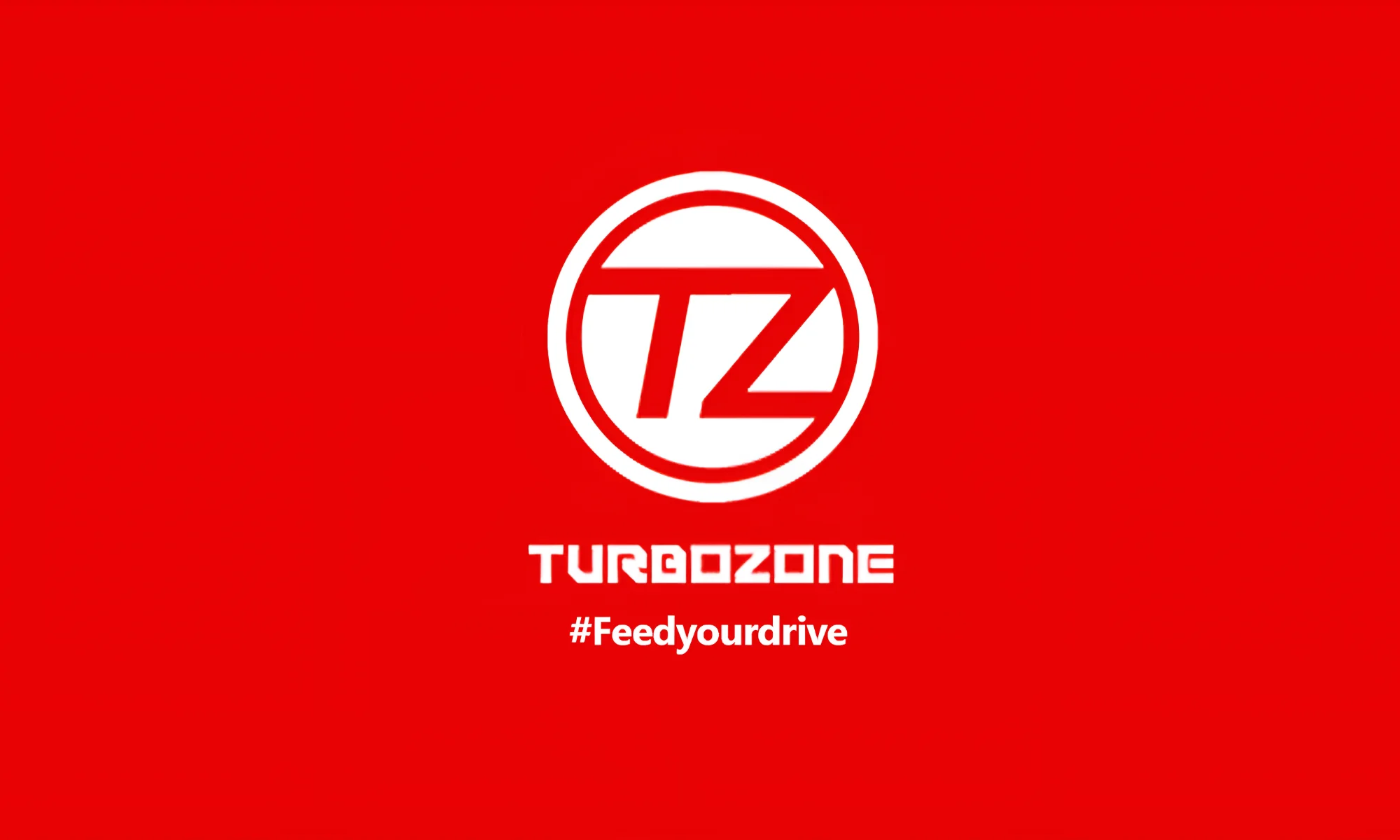
SAFETY. Nothing is more important for motorists than this. Car tires play a big part in road safety, so they must always be in tip-top condition.Before hitting the road, make sure that tires are inflated with the correct air pressure. Check that they are not damaged or defective in any way before the car leaves the garage.
Michelin shares how to identify a few tell-tale signs that will tell you it’s time to change your tires:

1. Tire Puncture.If you see even just one puncture in any part of the tire, install the spare tire to avoid causing further damage to the punctured one. Bring the suspected damaged tire immediately to a professional tire specialist for an accuratetire diagnosis.Running on punctured tiresis very risky especially if you’re already on the road as this can cause the tire pressure to drop rapidly. So, make sure that your spare tire is always in good condition to ensure safe motoring.

2. Worn tire treads.Tire treadsare like the soles of the feet.They are the only contact that the vehicle makes with the road. The deeper the tread, the better resistance to aquaplaning. Michelin recommends changing tires before your tread depth is worn to 1.6mm. (MICHELIN tires have a tread wear indicator at the base of the grooves that help you check the correct depth of the tire tread.) Don’t risk the chance of careening on the highway due to lack of tire traction. Wet roads are especially dangerous.

3. Damaged sidewalls.The sidewall is literally the side of the tire — the part you see when you’re looking at your car from the side. Sidewalls can get damaged when the tire hits a curb during a turn, or when the tire hits a hard and sharp object. A puncture or gouge to this area can affect the air pressure inside the tire,affecting the mileage or fuel efficiency of the car. If your tires have even the slightest damage to the sidewalls, have them inspected right away; seek out the high standards of Michelin-approved methods for tire check-ups at dealers and shops carrying MICHELIN tires for a thorough and complete checking.
4. Abnormal wear. Sometimes one tire wears out faster than the others. This is most likely caused by improper wheel alignment,leading to abnormal, uneven wear on tires since pressure is not evenly distributed on the wheels. See to it that wheel and tire assembly should always be correctly balanced after mounting new tires or after every vehicle repair. This provides a more comfortable ride and extended tire life.Other abnormal wear or damage to tires may also occur inside the tire. As much as possible, have your tire inspected by a tire specialist.
5. Aging.Tires age and deteriorate over time, just like everything else. Constant tire check-up is imperative for motorists, even if no major damage like puncture holes or uneven wear is visible.Make sure the treads are still visible because the tire tread is your car’s grip on the road. It has an impact on the distance needed for braking. Hard braking is one of the main causes of excessive wear and tire deterioration. Don’t take the risk of driving on old and worn out tires. Even if they look fine and still usable, Michelin recommends that tires be replaced ten years after their manufacture date. Don’t wait for them to give out!
6. Lastly, remember that there is a right type, size and function of tires for your car. Using the right tires will not only keep your trips safe and your car functioning at top capacity, it will also prolong tire life and improve mileage. One way to find the correct size and tire type for your vehicle is to look at the car manual. You can also check out the Michelin Tire Selector online at www.michelin.com.ph which recommends the most reliable, top-quality tires based on your vehicle make, model, tire size and its year of manufacture.

